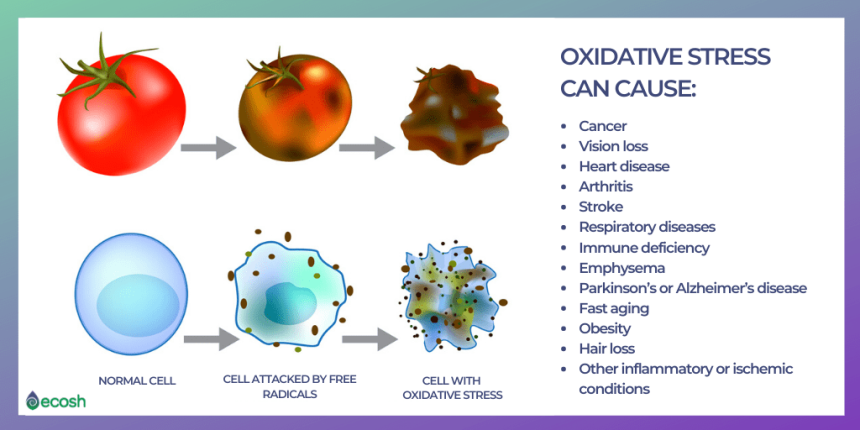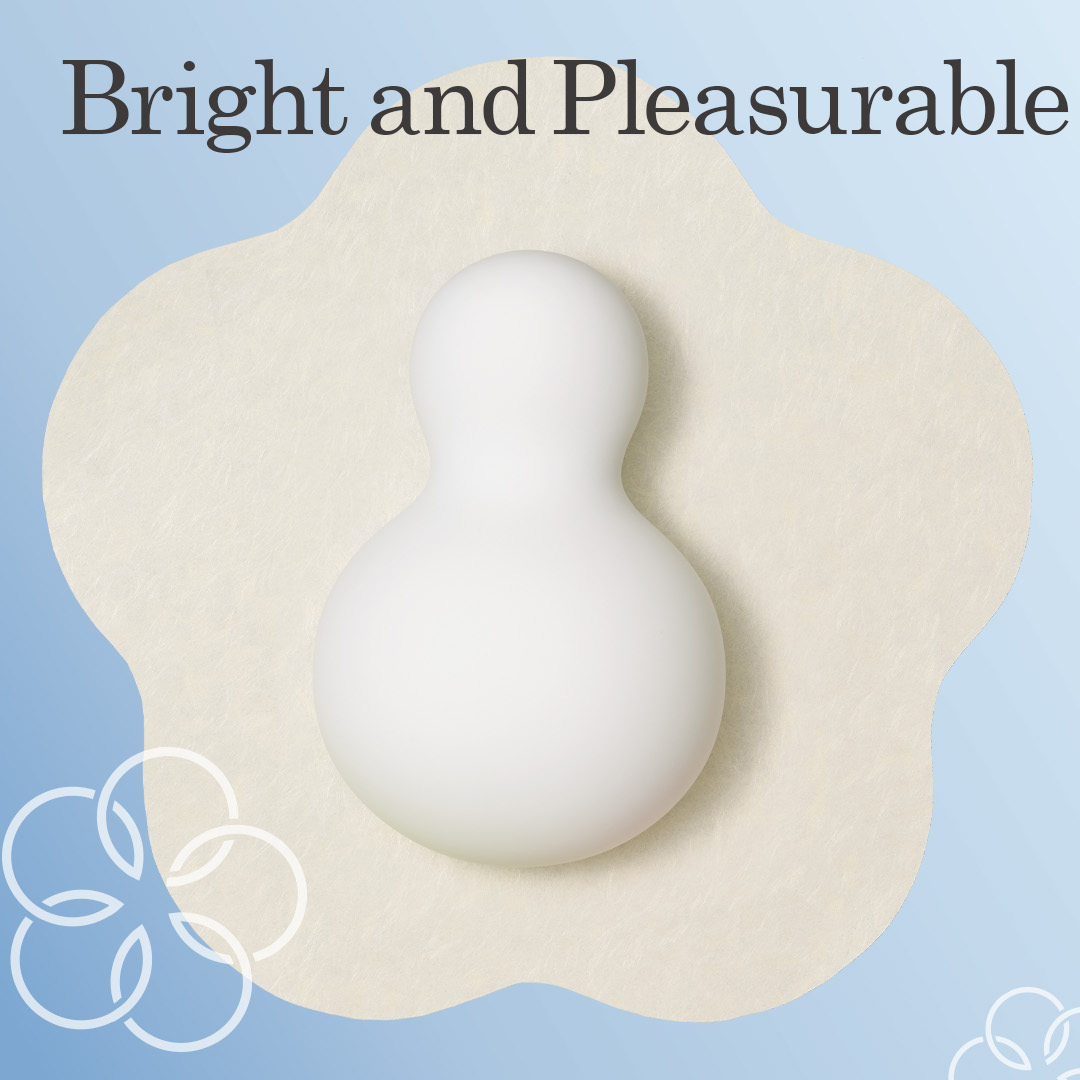Dive into the realm of age-defying practices! While aging is a part of life, it doesn’t have to be intimidating or dreaded. Preserving the health of your skin is key to maintaining a vibrant, robust, and self-assured feeling, and there’s a plethora of ways to achieve it. Among the crucial elements in preserving a youthful skin appearance is collagen, a protein that imparts structure and elasticity to your skin.
Collagen is an integral part of your skin, tasked with ensuring firmness and flexibility. As we grow older, our body’s collagen production diminishes, leading to skin sagging, wrinkles, and fine lines. Moreover, free radicals, molecules that can harm your skin cells, contribute to the aging process. These molecules are produced due to various factors, including pollution, UV radiation, and even stress.
Nonetheless, there’s positive news! Recognizing the significance of collagen and the detrimental impact of free radicals allows you to take essential steps to resist aging signs and preserve a healthy, youthful skin appearance. This article is set to explore collagen and free radicals’ roles in aging and offer advice on integrating these crucial elements into your skincare routine. So let’s get started and unearth the hidden weapon against aging!
The Role and Decline of Collagen in the Body
Collagen, a protein naturally synthesized by the body, is present in several body parts, including the skin. It imparts structure and support to the skin, aiding in maintaining its firmness and elasticity. Collagen is vital for preserving healthy, youthful skin, and its deficiency can result in aging signs such as wrinkles, sagging skin, and loss of elasticity.
Collagen decline in the body can be triggered by several factors. Aging is one of the main ones. As we grow older, our bodies produce less collagen, leading to a reduction in skin elasticity and the emergence of wrinkles. Moreover, exposure to UV radiation can harm collagen fibers, causing their breakdown and a decrease in collagen production.
Other contributors to collagen decline include smoking, pollution, stress, and a poor diet. Smoking can cause oxidative stress, damaging collagen fibers and leading to collagen decline. Similarly, pollution and other environmental toxins can impair collagen fibers, resulting in their breakdown. Stress can increase cortisol levels, leading to collagen decline over time. Lastly, a diet low in vital nutrients like vitamin C, necessary for collagen production, can also contribute to collagen decline.
So, how does collagen combat free radicals? Free radicals are unstable molecules that can harm cells and contribute to aging and disease. Collagen contains antioxidants that can neutralize free radicals and protect the skin from oxidative stress. Moreover, collagen can aid in stimulating the body’s natural production of antioxidants, further shielding the skin from free radical damage.
By understanding the causes of collagen decline and taking measures to protect and boost collagen production, we can help our skin retain its best look for many more years.
The Impact of Free Radicals on the Skin
Let’s begin by defining free radicals. Free radicals are unstable molecules that lack an electron, making them highly reactive. They are naturally produced in the body due to cellular processes like metabolism and immune responses. However, they can also be generated by external factors such as pollution, UV radiation, and smoking.
These external free radical sources, known as environmental stressors, can harm the skin. When free radicals interact with the skin, they cause oxidative stress, damaging cells and tissues by stealing electrons from other molecules. This can trigger a cascade of damage, leading to cellular dysfunction and even cell death.
So, what impact do free radicals have on the skin? Free radicals can impair various skin components, including DNA, proteins, and lipids. This damage can result in skin issues such as wrinkles, age spots, and a loss of elasticity. Besides, free radicals can contribute to skin diseases like psoriasis and eczema.
Free radicals significantly contribute to aging by breaking down collagen, a protein that provides structure and elasticity to the skin. Collagen fibers help keep the skin plump and firm, but their breakdown can cause the skin to become loose and wrinkled. Free radicals can break down collagen by harming the molecules that hold it together, making it less effective in supporting the skin.
Fortunately, collagen can also counteract free radicals. Collagen contains antioxidants, molecules that neutralize free radicals by donating electrons to them. By doing so, antioxidants can prevent oxidative stress and limit the damage caused by free radicals. Additionally, collagen can stimulate the production of other antioxidants within the skin, further protecting against free radical damage.
Free radicals are unstable molecules that can harm the skin, including the breakdown of collagen and the development of wrinkles and age spots. However, collagen can counteract free radicals by providing antioxidants and stimulating the production of other skin antioxidants. By doing so, collagen can help shield the skin from oxidative stress and maintain its structure and elasticity.
The Value of Collagen in Anti-aging
Collagen is critical in preserving the structure and elasticity of our skin, keeping it smooth, firm, and youthful. However, as we age, our body’s collagen productionstarts to diminish, leading to the emergence of wrinkles, fine lines, and sagging skin. This is why collagen is often celebrated as a potent anti-aging ingredient, and why the popularity of collagen supplements has surged in recent years.
So, how precisely does collagen promote youthful skin? Collagen fibers provide support and strength to our skin, working in tandem with another protein called elastin to keep our skin flexible and resilient. When collagen levels decrease, our skin becomes less firm and more susceptible to wrinkles and sagging. By supplementing with collagen, we can enhance our body’s natural production of this pivotal protein, leading to smoother, more youthful-looking skin.











